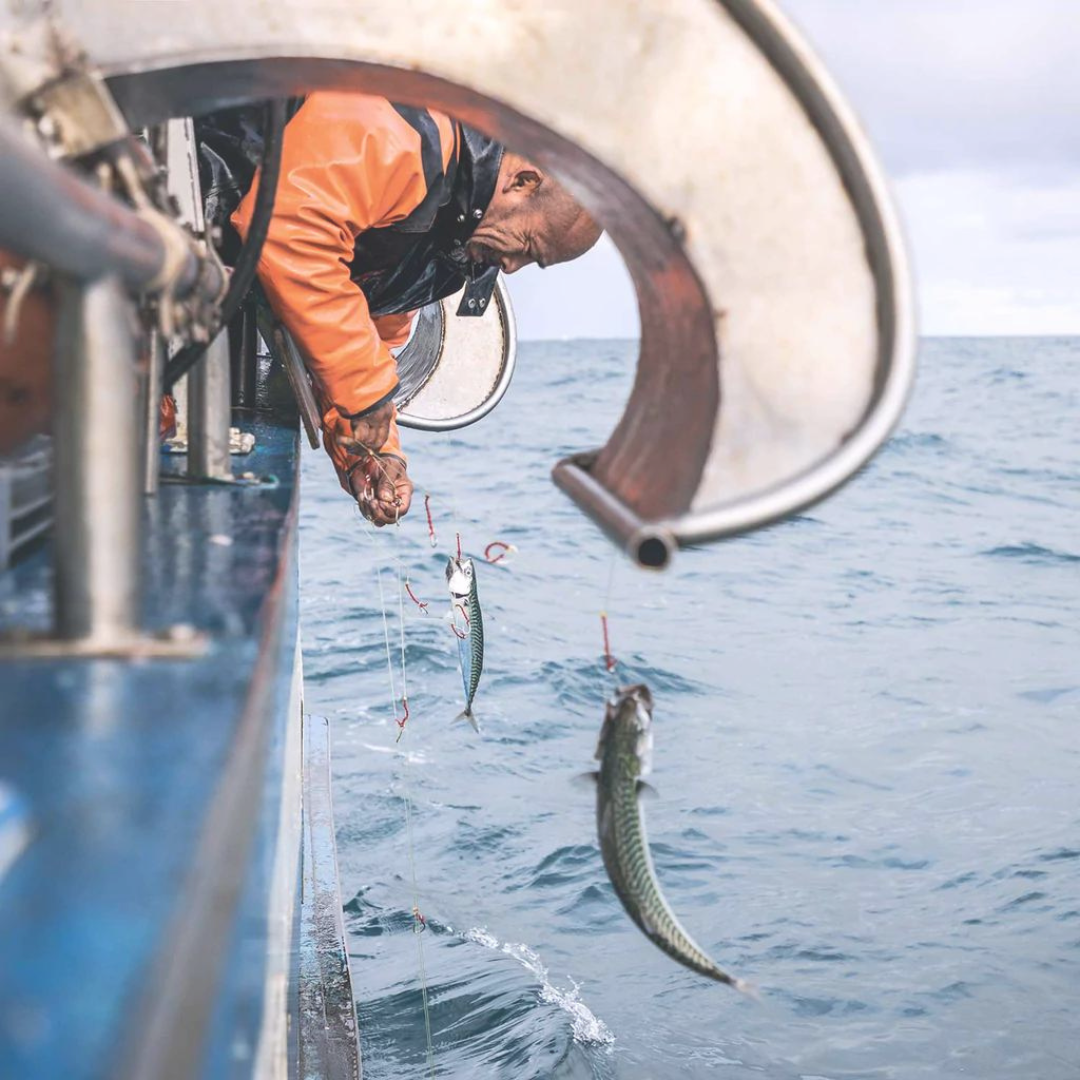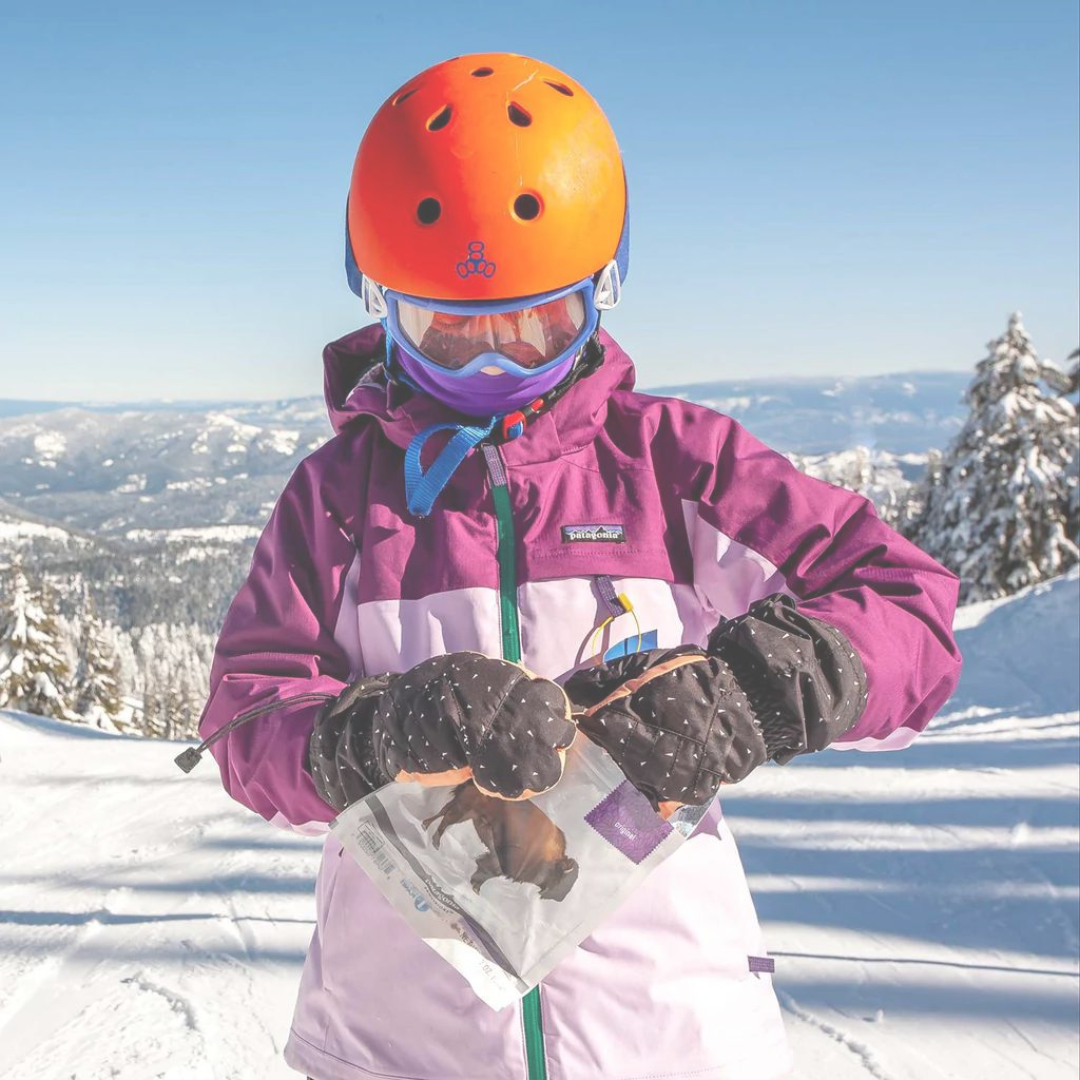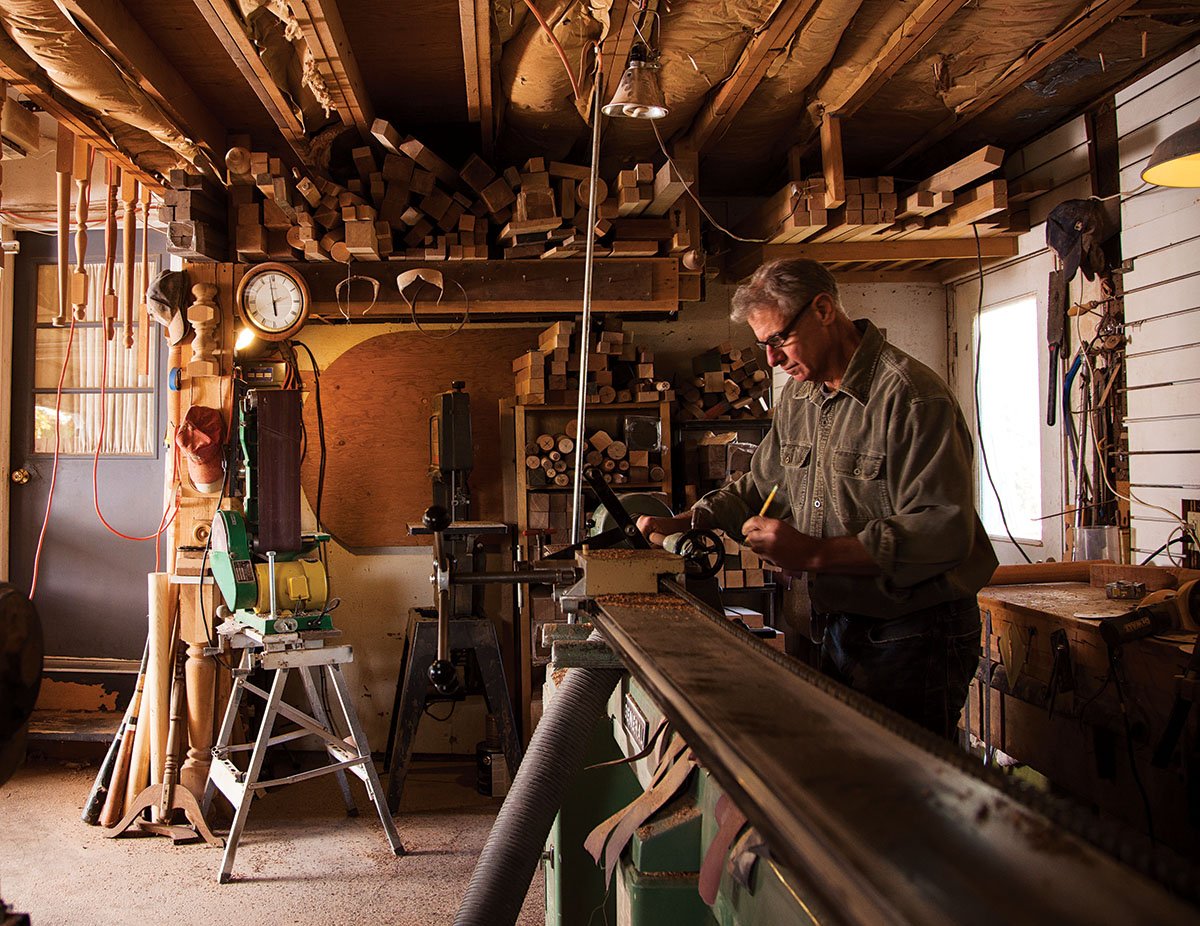Catching Up with Patagonia Provisions
“I have the privilege of working for a company that is unwaveringly dedicated to saving our home planet. 100% of Patagonia’s profits will now be used to combat climate change. What better reason could there possibly be to get to work?”
- Christie Biddle, Patagonia Provisions
This week, we sat down with Christie Biddle, Supply Chain Manager at Patagonia Provisions.
Patagonia Provisions is a division within the Patagonia brand that focuses exclusively on building sustainability in pantries. They currently sell 38 different pantry products that use regenerative organic farming methods, from sustainably farmed tinned fish; to biodynamic baby food; to ecologically-friendly beer. Not only are these products made to be convenient and delicious, but first and foremost, they’re meant to offer sustainable alternatives in specific areas of the food industry that have been detrimental to the planet. You can’t get much cooler than that. (Except for maybe this.)
Mast Market proudly carries several of Patagonia Provisions pantry products including sustainable tinned fish and grass fed buffalo jerky, and share their mission of combating the climate crisis by trying to make everyday sustainable living and eating possible.
Read on to learn about Christie’s role at Patagonia Provisions, the scientific research and development that goes into creating these products, and which pantry items Christie reaches for the most.

“People need a new jacket every five or ten years, but they eat three times a day. If we really want to protect our planet, it starts with food.” -Yvon Chouinard (Patagonia Founder)
Mast Journal: What was your experience or awareness of sustainable food systems before you joined Patagonia? Has this always been a passion for you?
Christie: I came to Patagonia Provisions with a decent knowledge of organic agriculture and our food system. I received my undergraduate degree from UC Santa Cruz in Community Studies, with a focus in Social Justice, Sustainability and Food. After graduating I worked for Northern California’s leading organic produce distributor, Earl’s Organic Produce, where I was a fruit buyer for several years and had the honor of working with organic farmers up and down the West Coast. I became deeply aware of seasonality, supply, demand, and the challenges and opportunities that farmers and our food systems face. While in that role, I became passionate about doing my best to serve farmers, consumers, and our planet through food. This has carried on and deepened since I joined Patagonia Provisions, but it definitely started over a decade prior to joining the team.
Mast Journal: You don’t often associate clothing companies with food. I was even surprised to learn PP is over 10 years old! Have you found the level of awareness of the line has increased over the years? Do you get a lot of questions, when you tell people what you do?
Christie: After being around for 10 years, we still get the question, “Patagonia makes food?!” fairly often. But yes, awareness has grown in the last few years and we expect more and more people to be familiar with each year moving forward. Yvon Chouinard has a quote that has always really resonated with me. He said, “People need a new jacket every five or ten years, but they eat three times a day. If we really want to protect our planet, it starts with food.” When you think about it that way, in conjunction with all of the land that is used for agriculture and its impact on the environment and climate change, I think it becomes easier for people to understand why Patagonia first got into the food business.
Mast Journal: I imagine there is a tremendous amount of science research that goes into identifying which foods in particular areas need more sustainable alternatives. How does PP choose which product or food to focus on? Is it some combination of feasibility and urgency for a solution?
Christie: Yvon is very involved with PP and has brought several unique ingredients to us that we’ve developed into products. We start by identifying a problem, finding a solution, and allowing that to inform our product development. For example, overfishing of wild salmon has led to decreasing wild populations. We want wild salmon to be around for generations to come, so we gathered experts in the scientific community to help us develop a criteria for how to harvest salmon responsibly. We use this criteria to harvest salmon for our products and hope to influence the fishing industry more broadly with our example. Similarly, we know that loss of topsoil and diminishing soil quality jeopardizes the future of food production. Kernza, a perennial grain developed by a research organization in Kansas called the Land Institute, helps to prevent soil erosion, improve soil quality, and sequester carbon. Their findings led us to create beers using Kernza, as well as our Kernza Fusilli Pasta. We have developed and introduced consumers to a wide array of products, because as you note, there are so many problems in our food system that need to be addressed. There’s no shortage of work to be done.

Photography courtesy of Patagonia Provisions
Mast Journal: You partner with farmers to improve their sustainable farming practices. How do you incentivize them to commit to these efforts?
Christie: We haven’t had to do much convincing. Farmers are in touch with their land and see the impacts of drought, climate change, and unpredictable weather firsthand. We’ve established relationships with several farmers who are eager to implement regenerative organic practices on their farm, and connect with a value-aligned brand that will pay them a fair price for their crops. If growers know they will have a buyer and a market, they are all in. That being said, we’ve had various ways of sharing risk with growers over the years. We recognize that we are all in this together. We wouldn’t have a business without our growers, fishers, and ranchers. If they don’t succeed, neither do we.
Mast Journal: Obviously accessibility is hugely important, and the more people that have access to these products, the better. With the level of care and investment that goes into Patagonia Provisions, especially for the regenerative agriculture products, how do you keep things relatively affordable?
Christie: This is a great question, and one we grapple with all the time. The honest answer is, it’s not easy. When you are paying premium prices to producers who are using regenerative organic practices and paying their workers fairly, your costs are substantially higher than the conventional alternatives. In some cases, we make a lower margin on products we believe in. We find ways to make it work as best we can. We can’t change our food system if no one can afford our food, so we’re always striving to find the sweet spot between high quality, regenerative foods and reasonably priced products.
Mast Journal: Do you have a particular favorite Provision product?(Or top 3?)
Christie: I absolutely love our Lemon Caper Anchovies. I put them on pasta about once a week, and don’t know if I’ll ever get tired of them. Our Kernza Fusilli is right up there competing for the #1 spot, too. It has excellent flavor and texture, and I couldn’t be a bigger fan of Kernza and it’s potential to regenerate topsoil and sequester carbon. It’s a game changing grain that I hope to see in many more products in the years to come.
Mast Journal: Are you finding that people are using these products for both outdoor use and indoor use? Are there any ways people have used pantry items that have surprised you?
Christie: We do find we have customers who enjoy our products at home as well as in the outdoors. Our products make great snacks for everyday life, or quick meals at home. They are very worthy of your weeknight dinners. And of course, they cook up quickly on a camping stove or Jetboil and are even tastier under a starry sky. The beauty of them is that you don’t need too much at all, but I have fun hearing folks’ creative ways of enjoying them. Our black bean soup can make a pretty mean black bean dip, for example. And our salmon goes great in spring rolls.
Mast Journal: What’s the most challenging part of what you do?
Christie: Navigating the last couple of years with changing consumer trends and demand has been challenging, to say the least. Forecasting ingredient and product demand in a growing business, and ever changing landscape, is extremely difficult. COVID changed consumer buying patterns substantially, and as we return to normalcy, the tides are shifting yet again. I’ve learned to plan the absolute best of your ability, and expect plans to change. Being nimble and flexible is critical.
Mast Journal: What’s your favorite part about what you do?
Christie: Working with truly outstanding people. We work with farmers, fishers, and ranchers who are truly committed to regenerating our land and oceans. They are forward-thinking, brave, committed, and totally inspiring. I also have the privilege of working for a company that is unwaveringly dedicated to saving our home planet. 100% of Patagonia’s profits will now be used to combat climate change. What better reason could there possibly be to work?
More from The Journal

Woodturning with Kenneth Freeman
In conversation with woodturner, Kenneth Freeman, of Vermont Rolling Pins.
Read more
